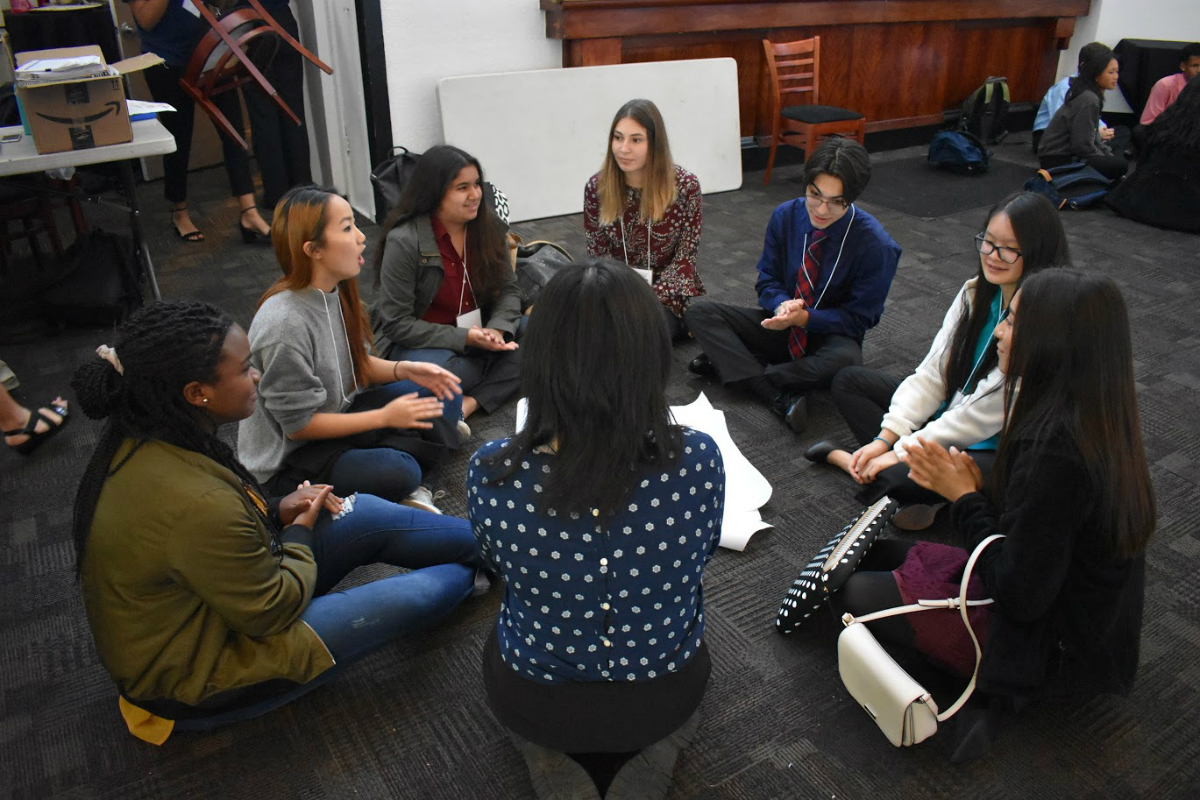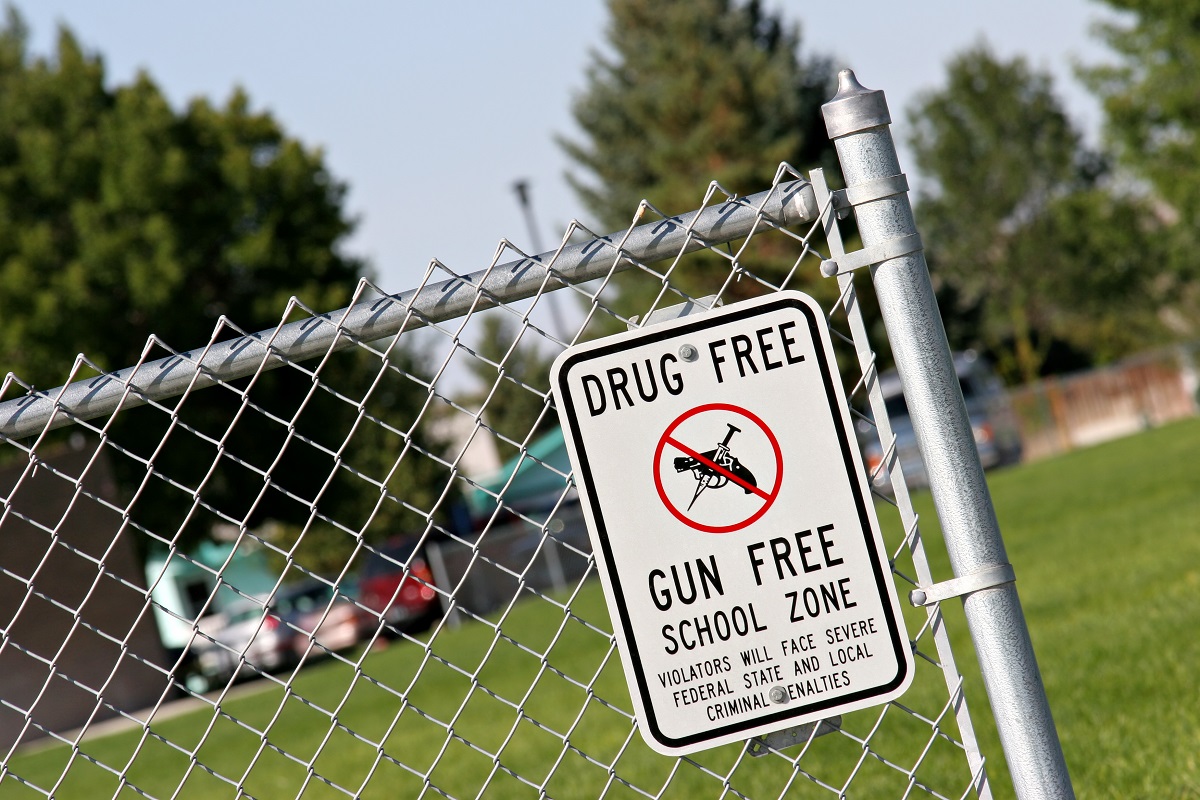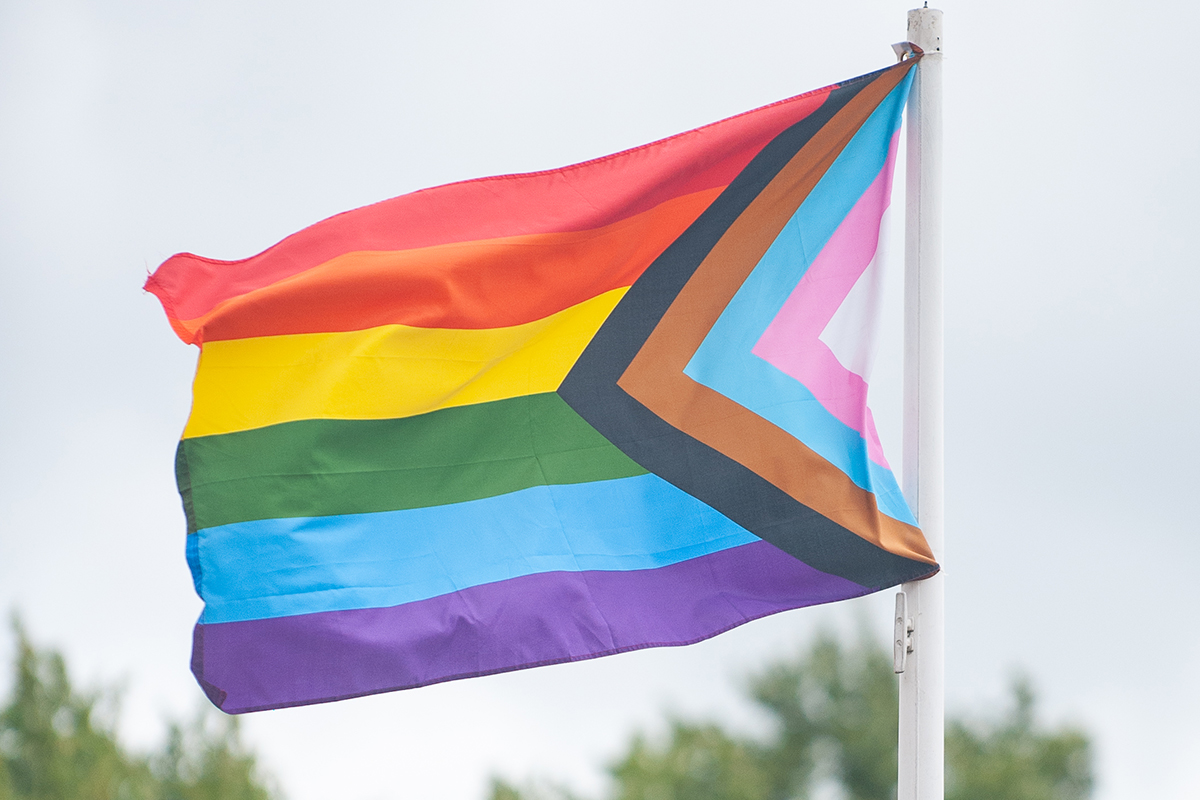Conflict is inevitable but managing it effectively can promote inclusivity and help build a positive school climate where all students feel a sense of belonging and can participate fully.
Experts provided tips for schools to help students and staff in addressing conflict in ways that build relationships, understanding, empathy and trust in a Jan. 17 webinar, “Navigating Conflict to Support Inclusion.”
Hosted by the National Center on Safe Supportive Learning Environments on behalf of the U.S. Department of Education, the webinar spotlighted a program out of Michigan that explores the use of dialogue to help young people build relationships with others who are different from them as well as build their capacity to challenge discrimination and create change.
Summer Youth Dialogues program
The Summer Youth Dialogues program is a partnership between the school of social work and the program on intergroup relations at the University of Michigan. It was developed so that young people could come together to talk about their experiences and create community change based on what they learned. While there are some diverse pockets in the region, Metropolitan Detroit is one of the most segregated places in the U.S.
The program involves sorting 60 to 80 high school students into groups for semi-structured meetings that take place on Saturdays at locations throughout the city from mid-June to early August in four stages:
Stage one – For two to three weeks, participants focus on forming and building relationships through intergroup dialogue on a range of difficult topics where conflict is likely to arise. For example, when discussing race and ethnicity, young people may explain how race and racism impacts their own individual experiences. Intergroup dialogue generally takes place in a group of about eight to 14 participants and is facilitated by undergraduate and graduate students from the university who are trained in intergroup dialogue facilitation.
“It’s very important to form a foundation of knowing each other, to be able to have those difficult conversations,” said Meaghan Wheat, program manager for Intergroup Relations and the Summer Youth Dialogues program at the University of Michigan.
Stage two – During the following two to three weeks, participants explore the differences and commonalities of their experiences. Using the racial or ethnic identity example, students who share the same racial or ethnic identity may have some overlap but not all the same experiences, and stage two provides an opportunity to discuss individual and common experiences that define their lives and what they bring into the classroom and their communities.
Stage three –The third stage allows students to explore and discuss hot topics or current events for the following two to three weeks.
Stage four – The final stage is about asking, ‘Now that we’ve learned more about each other and understand one another’s perspectives, what are we going to do with that learning?’ Wheat explained. Stage four involves action planning, alliance building and allowing students to figure out how they want to move forward.
“I think about intergroup dialogue as an intervention and a preventative practice. So, intervention being that intergroup conflict has existed for a long time and this is one way for us to talk about it, and to come up with some other steps and figure out if there’s another way that we really want to live and go about the world,” Wheat said. “I also think about it as a preventative practice because it’s a space of learning, where we can learn about people who are different from us or even maybe people who are similar but have different experiences, and figure out how do we not continue to perpetuate some of this harm that results from intergroup conflict, and how do we deal with it in a healthy way?”
In addition to developing projects that challenge discrimination and create change, the goal of the program is to build school and community capacity for this work and promote youth participation in public policy, involve supportive adults in working with young people and engage diverse youth in a social justice pre-college program. Participating students learn about the University of Michigan, financial aid, writing essays — things that people might need to pursue a higher education, Wheat said.
Wheat recalled her time participating in the program over 10 years prior when she was in high school.
“It was so impactful and transformative that I planned the rest of my couple years around how can I continue to work with this program,” she said, noting that as an undergraduate at the university she facilitated and provided logistical support for the program.
The youth empowerment component “was something that I think really changed the way that I interacted with the world,” she continued. “On a more individual level, it helped me make change in my own life, to live a value-based and thoughtful life. I was able to really consider how I wanted to live my life through the program because it has you think about the actions that you take and why you take them, rather than just moving each day one foot in front of the other.”
The webinar also included Youth Relationships First coaches from the School District of Philadelphia detailing sample practices being used in their schools to build connection and empathy.
A recording of the webinar, presentation slides and relevant resources are available here.





